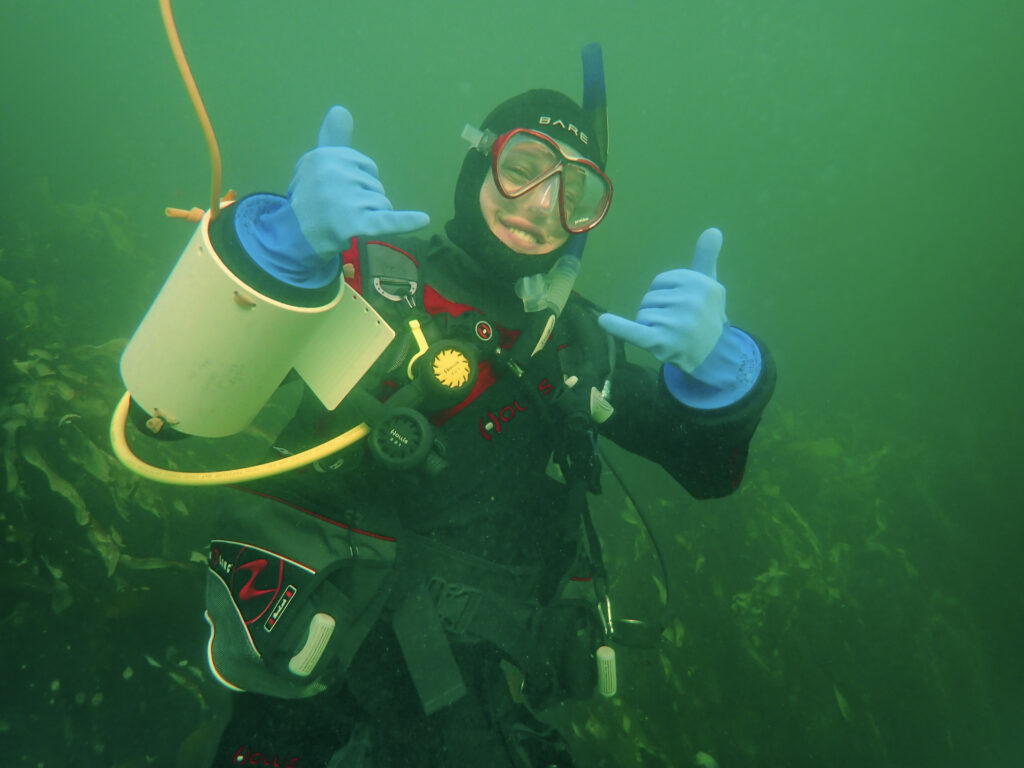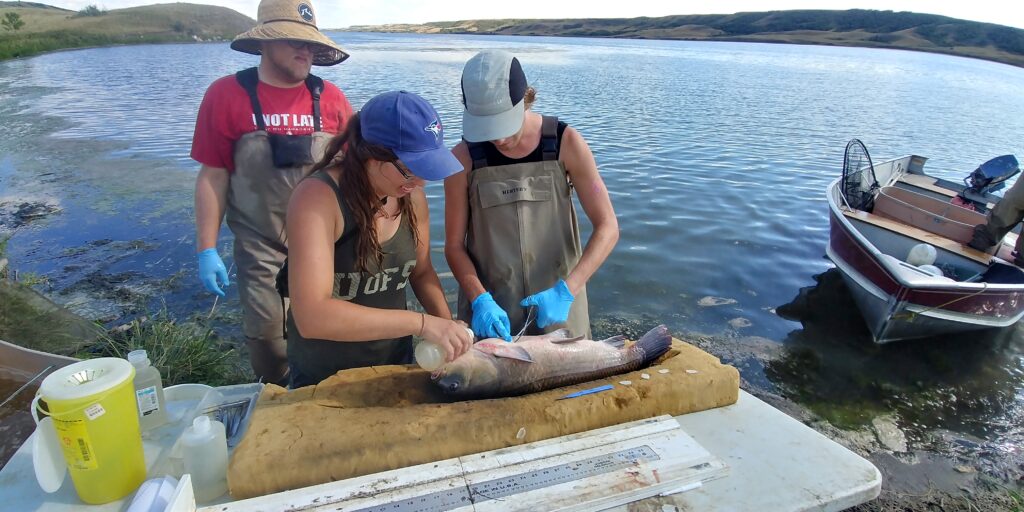Meet Hunter Stevens: our new Marine Specialist
Hello readers!
My name is Hunter and I am thrilled to be coming onboard the CPAWS-NS team as a Marine Specialist.

It may come as somewhat of a surprise, but I grew up in Saskatoon, Saskatchewan. How does one go from one of the most landlocked places in the world to an expert in marine life? Let me tell you!
A bit of background: While it may be far from the ocean, Saskatchewan is far from high and dry. In fact, within Saskatchewan’s provincial boundaries are over one million lakes. Two arteries, the North and South Saskatchewan rivers, flow down from the Albertan Rocky Mountains. This water and fertile glacial sediments is what make Saskatchewan such an effective agricultural producer.
All of this to say that Saskatchewan is covered in wetland; wetland that I, in my youth, spent plenty of time exploring. Some of my earliest memories are of catching frogs with my dad during our summers at Emerald Lake. It fascinated me that so much life was teeming just under the surface of these ponds and lakes, so close, but still out of reach. Pictures weren’t enough — I had to see it with my own eyes.
In 2013, I had the privilege of visiting the island of Maui, Hawaii, with my family. It was here that I first obtained my SCUBA certification and learned to snorkel in the playful waters of the south shore. The colourful diversity that I encountered here lingered in my thoughts for years. Once I finished high school in 2015, I enrolled at the University of Saskatchewan. During my studies, I got involved with a project using acoustic telemetry to study the Bigmouth Buffalo — a large, herbivorous carp-like fish native to southern Saskatchewan and parts of the United States.

I finished my undergraduate degree as the president of the University’s Biology Club, and with the fantastical seascapes of Hawaii still vivid in my mind, I set my sights seaward. I was lucky enough to snag a position with Dr. Glenn Crossin at Dalhousie University on a project involving acoustic telemetry and Atlantic salmon. The irony of this was not lost on me: Here I was in my little river system, packing up all I owned and swi- (ahem) driving across the country and out to sea.
This brings us to the present. I finished my Master’s degree in August of 2021 and since then have taught Invertebrate Biology and Scientific Diving Methods in Ecology at Dalhousie University. I have spent the majority of my free time since moving to Halifax exploring our coasts. The diversity of life to be found here is astounding, and I do all I can to share it with others.
Saskatchewan’s wetlands and Nova Scotia’s watersheds share something in common: they are in danger of or are actively being degraded by human activity. I intend to use my education and skillset to do all I can to preserve these biological jewels for generations to come, in the hope that nature might inspire more students like me. CPAWS Nova Scotia shares the same goal, and together I believe we are a real force for conservation in this country.
I can’t wait to share our projects with you all, and if you ever have any questions about strange critters you’ve seen on land or at sea, please don’t hesitate to send me a message at hstevens@cpaws.org!
